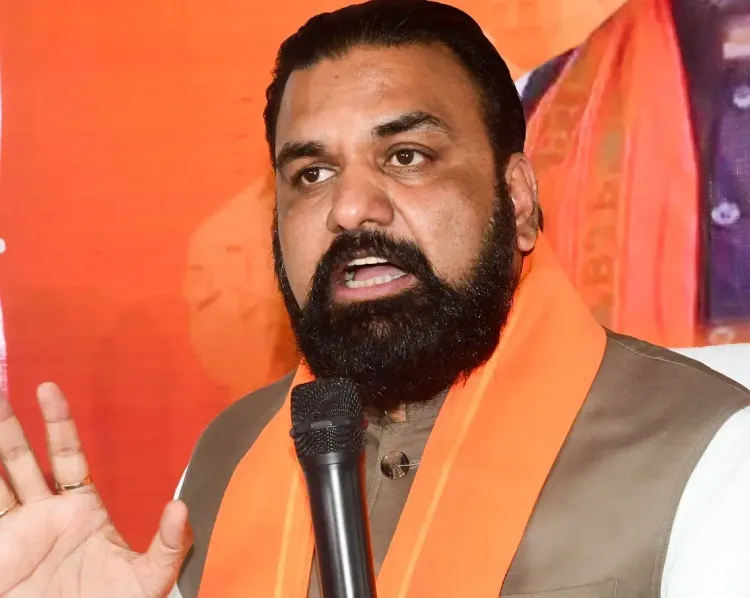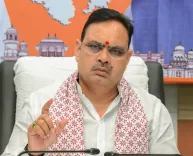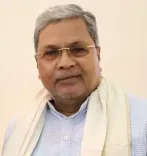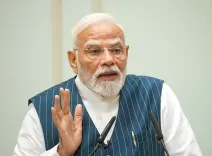Is Congress to Blame for the Crisis in Nepal?

Synopsis
Key Takeaways
- Choudhary blames Congress for Nepal's unrest.
- Historical context includes a merger proposal by King Tribhuvan.
- Violence has led to significant political and civil unrest.
- Air traffic disruptions occurred due to protests.
- Political discourse in Bihar is now influenced by Nepal's situation.
Patna, Sep 10 (NationPress) In light of the current crisis unfolding in Nepal, Bihar's Deputy Chief Minister, Samrat Choudhary, has attributed the turmoil to the Congress party.
During a press briefing in Patna, Choudhary stated, “The current chaos in Nepal is solely a result of the Congress party's errors. Had Nepal been part of India, this unrest would not have occurred. The Congress is responsible for the division of these neighboring nations. If Nepal had remained with India, it would have thrived as a stable and prosperous region, just like Pakistan.”
Nepal has descended into a significant political crisis following the resignation of Prime Minister KP Sharma Oli on Tuesday, triggered by violent protests led by Gen Z that swept through the nation, including Kathmandu.
Initially sparked by grievances over social media restrictions and allegations of corruption, the demonstrations escalated into violence, echoing recent disturbances in Bangladesh.
Protesters targeted the Parliament, the Prime Minister’s Office, and the residences of President Ramchandra Paudel, former prime ministers, and Oli himself.
Numerous government buildings, schools, and residences of ministers were set on fire, leading to injuries among dozens and the destruction of vehicles.
The escalating situation forced authorities to close Tribhuvan International Airport, resulting in significant disruptions to air traffic.
Choudhary’s statements have reignited interest in a lesser-known historical event.
As noted in former President Pranab Mukherjee’s book ‘The Presidential Years’, King Tribhuvan Bir Bikram Shah of Nepal had once suggested a merger with India.
In the late 1940s, amid fears of China’s communist revolution and its takeover of Tibet in 1950, King Tribhuvan approached then-Prime Minister Jawaharlal Nehru with a merger proposal. However, Nehru declined, asserting that Nepal should remain an independent and democratic state.
At that time, Nepal was experiencing political turmoil. The Rana regime, which had been in power since 1846, fell in 1951, leading to the establishment of a constitutional monarchy under King Tribhuvan.
Historians remain divided on Mukherjee’s assertion, with some viewing it as an effort to tarnish Nehru’s legacy.
Choudhary’s pointed remarks linking Congress policies to the current instability in Nepal have introduced a new political angle to the discourse in Bihar while the neighboring nation faces its most significant unrest in decades.






